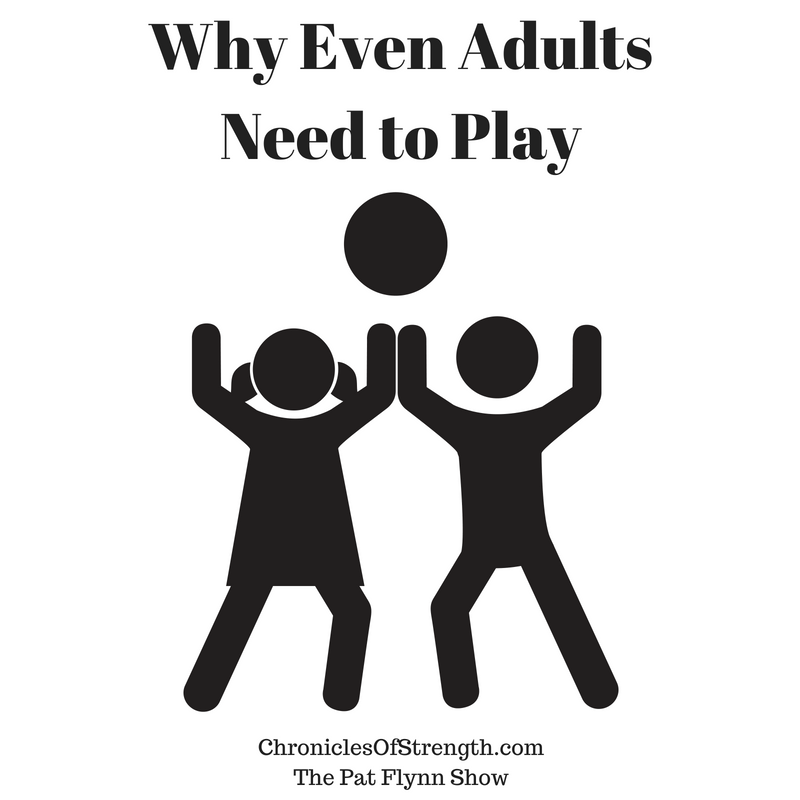
So I’ve been talking a bit on my blog about this, and also a bit on my podcast; that is, the importance of finding the time to play within an otherwise tightly planned out exercise routine. We all spend (that is, those of us who are dim enough to torture ourselves with weights, etc) so much energy developing our strength and movement and mobility and so on. But very few of us then go on to express ourselves through those abilities we’ve been working at. A few of us do contests or competitions or what have you, but the plain majority of people who exercise simply practice without ever getting to play.
The closest analogy I can think of is that of learning a musical instrument. Structure is required. We all need to have a practice routine and to do drills and run exercises and so on. That’s how we get better at things–structure, you see. But the whole point of learning a musical instrument is not just to do drills and run exercises and so on, but to get creative and make something that is altogether expressive and (hopefully) interesting. At the very least, to have some fun, you know? And while doing drills and running exercises can occasionally be considered fun (at least in the beginning) it often becomes quite daunting and frustrating and perplexing and tedious, especially as you get better and have higher limits to surpass. I very much enjoyed learning to strum a G chord when I first picked up the guitar. I very much hated learning to sweep pick five or so years in. One was easy. The other vexating to the extreme. But it was the playing and the jamming and the songwriting between that kept me interested in my instrument and enthusiastic about moving forward and learning new things. If all I ever did was do drills or run exercises, I probably would have quit. I probably would have wondered what in the heavens the point of all this was? (In fact, I eventually did wonder that, at least with regards to certain, higher level techniques on the instrument. There came a point when getting more technical on the guitar wasn’t really lending anything more to my songwriting process or abilities to jam. It was just noodling, and it was no longer any fun.)
To bring this back to exercise, I think it is perfectly fair to speculate that if people only had some greater amount of play in their lives, there might be some greater motivation toward, and adherence to, exercise in general. At the very least, I think any program can be much enhanced if a person takes the time to express themselves, and see the rewards of, all the abilities they’ve spent so much time developing–their strength, their endurance, their flexibility. Sports are an obvious example, or martial arts, but play doesn’t even need to involve any of that. It can just be spontaneous, totally unstructured, for the sake of fun. In fact, I think that is some of the very best kind of play. Simply erupting out into flow. Just moving for the sake of movement itself, attempting to link and integrate various patterns, and trying to get those patterns to feel good and look pretty. That’s really it.
I’ll tie this into a spiritual note, just to extend the analogy, and then we’ll bring it back around again. Recently my parish priest–Father Andrew; he’s from the Philippines–said I needed to learn to be more whimsical with prayer and my relationship with God. He said not everything about my spiritual practice needs to be structured and organized and planned out. He said I could benefit from taking a chill pill, of being a little more like that spiritual love-bird St. Francis of Assisi. He said I needed to learn to have fun and play. I told him I thought that sounded nice. Certainly it sounded better than penance–does this mean I’m getting out of penance, Father? And then he blessed me and gave me penance: To go forth and be whimsical with God. Alright, alright, I’ll take it.
Whimsy. I think that’s the word I’ve been looking for. It is something all children are capable of. Why adults lose this capability is a cause of much speculation, but what need not be obscure is how to regain it. We regain our sense of whimsy by taking the time out of our busy routine to play, even if it feels forced or awkward at first. It probably will feel forced and awkward at first, especially if our playing is just moving about in an unstructured, unplanned way. So be it. All play feels forced and awkward as an adult until it doesn’t. At least it always has for me. Let your guard down. Just move. Be OK with making a mess or hitting wrong notes or missing a few steps or not sticking everything perfectly. Play is not about expression, not perfection. Enjoy it.
– Pat
PS – I recently did a podcast on this topic, as well.
EP 162: Why Adults Need Play and Not Just Exercise [The Pat Flynn Show]